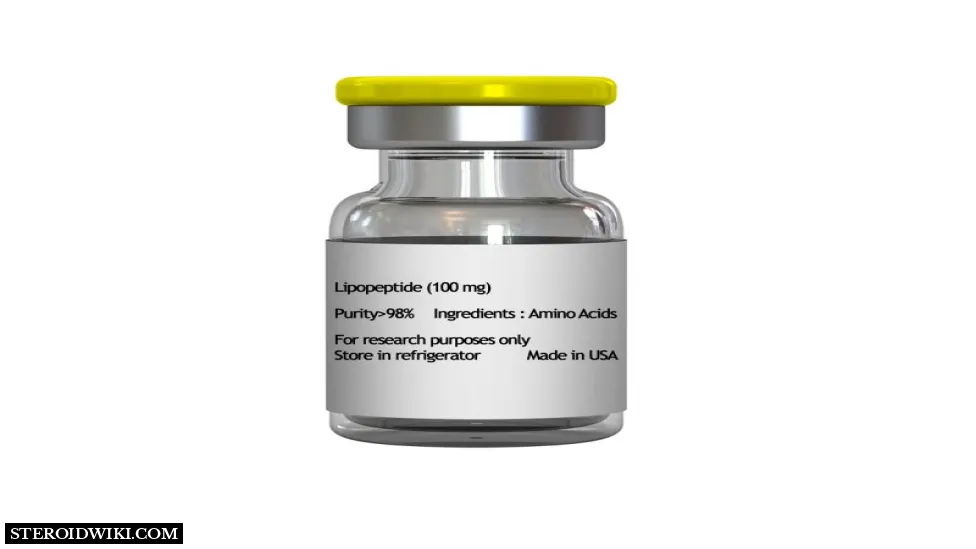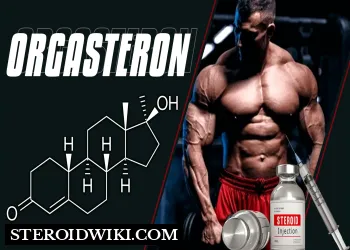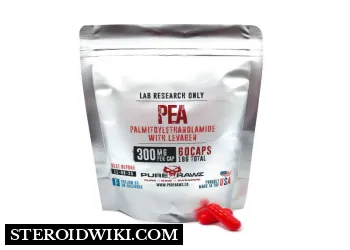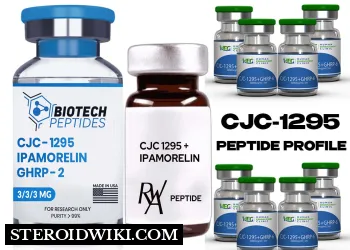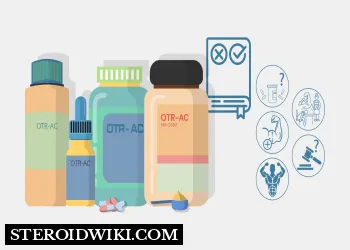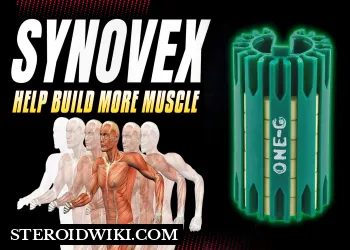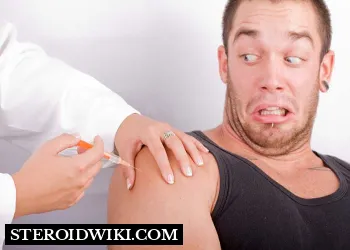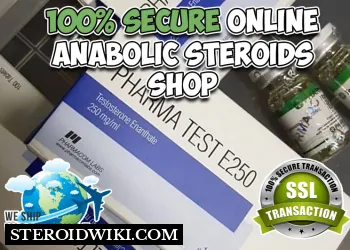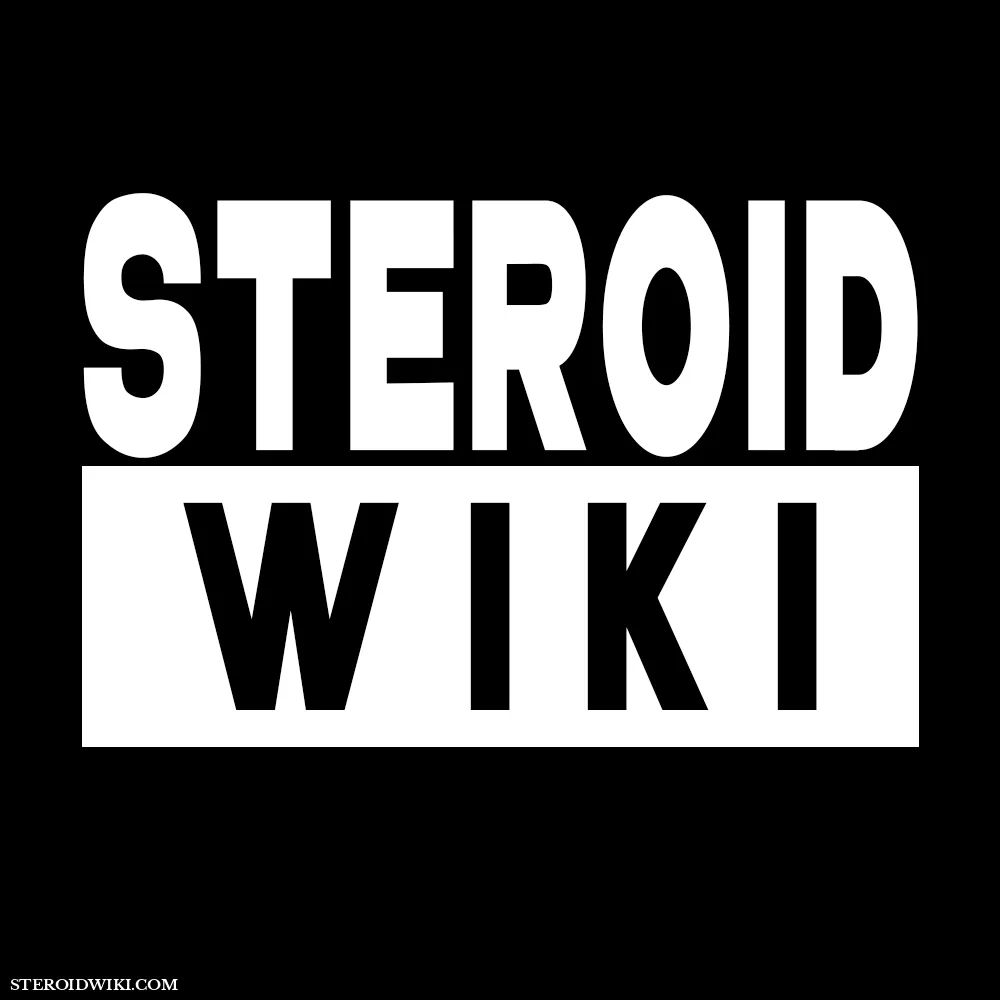Lipopeptides - A Complete Summary
Complete and Updated Information on Lipopeptides 2023
Table of Contents
What is Lipopeptide?
Lipopeptides are researched molecules that consist of a lipid (Fatty Acid) attached to a peptide (a short chain of amino acids connected with a peptide bond). Lipopeptides have special functions and properties as it has both water-attracting (Hydrophilic) and water-repelling (Hydrophobic) regions.
These molecules are produced by microorganisms as a part of their metabolism. The microorganisms that produce Lipopeptide are found in soil bacteria or fungi called Bacillus and Pseudomonas genera. Lipopeptides are the compounds used in medical treatment as antibiotic, antifungal, or antitumor agents.
Overall, lipopeptides are adaptable molecules with a broad range of uses in medicine, biotechnology, and industry due to their amphiphilic nature and varied biological applications. Researchers continue to explore their potential in various fields, including the bodybuilding field, drug development, environmental remediation, sports, and agriculture.
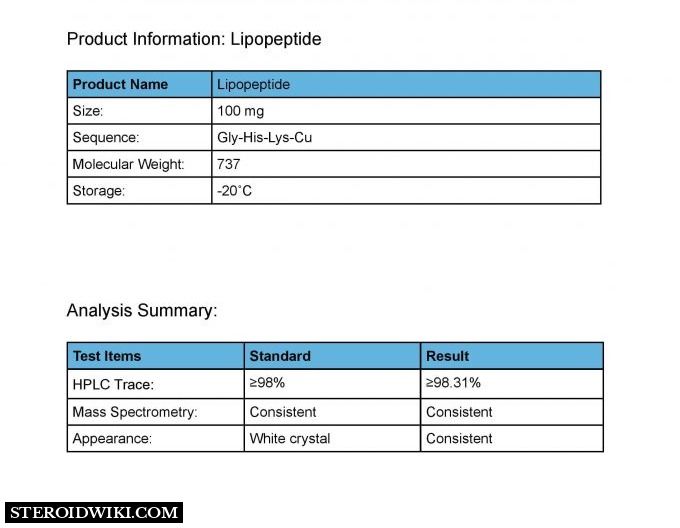
Structural Formula
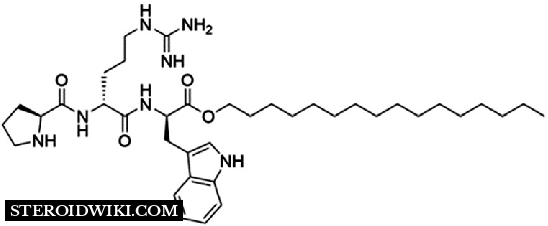
Mechanism of Action
Lipopeptides have the flexibility to self-assemble into various other structures. There are different modes of action for lipopeptides, depending on their type. However, most of the lipopeptides have the same primary working mechanism of interaction with biological cell membranes.
As they are characterized by high structural diversity, they can easily decrease their surface and interfacial tension. Lipopeptides work by attaching to and rupturing the target bacteria's cell membrane integrity, which sets off a chain of events that eventually results in cell death. It can also create channels and pores in the cell membrane that enable ions and molecules to leak out of the cell. Lipopeptide antibiotics kill bacteria by disrupting cell membranes. In this way, certain lipopeptides can regulate the immune response by either acting as immunostimulants or immunosuppressants according to the requirement. This action is useful in vaccine development and immunotherapy.
It is significant to note that the precise method of action can differ across various types of lipopeptides, and depending on the context, certain lipopeptides may have numerous modes of action. Due to the possibility of major adverse effects, it is not advised for children younger than 12 months to receive intravenous infusions of lipopeptides.
Uses of Lipopeptides
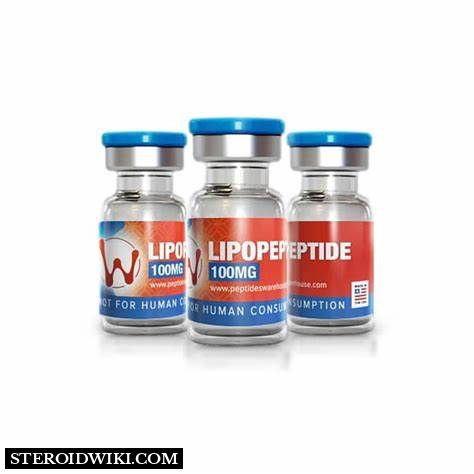
As lipopeptides have several distinctive types with numerous properties and functions, they have a broad range of uses in several fields.
- It can be used as an antibiotic to cure bacterial infections caused by multidrug-resistant Gram-negative bacteria.
- It also acts as an Antifungal agent to treat skin and bloodstream infections.
- Cyclic Lipopeptides, which are composed of numerous amino acids with one or more lipid chains, have applications in medical device coatings, preventing biofilm-related infections, and wound care. It has anti-inflammatory, anti-tumor, immune modulator, and antimicrobial properties as well.
- Lipopeptides can be used in the creation of vaccines and immunotherapies when they act as Immunomodulators.
- Lipopeptides that belong to the Surfactants family have applications in medicine and the cosmetic industry.
- Few antimicrobial lipopeptides have anti-inflammatory features that help cure certain inflammatory skin conditions.
Above are just a few examples of different types of lipopeptides. Researchers are constantly exploring and inventing lipopeptide-based compounds that can be useful for diverse industries.
Benefits of Lipopeptides for Bodybuilders
Lipopeptides provide different benefits to bodybuilders and other fitness enthusiasts who are looking for innovative tools to enhance their inner and outer being.
It can help bodybuilders and athletes with wound care, as lipopeptides can interfere with the formation and stability of biofilm microorganisms. It sticks to the surfaces and is difficult to remove, helping in coating wounds. This attribute of lipopeptides contributes to quick recovery from outer skin injuries that occur during intense workouts and heavy weightlifting.
Cyclic Lipopeptide has anti-inflammatory properties, which are beneficial for bodybuilders as it prevents and reduces muscle soreness, hinders temporary loss of strength and motion after heavy exercises, and improves muscle sensitivity.
The chain of Amino Acids in lipopeptides is a source of protein that supports muscle growth and recovery. It is a great source of energy that repairs and grows body tissues while boosting the immune system as well.
Lipopeptides are more conventionally linked with skincare products. Bodybuilders and professional athletes consider taking care of their skin as they appear on stage in the spotlight to showcase their bodies to a huge audience. Their skin appearance plays a vital role in overall presentation as they highlights their hard-earned muscle definition.
Moreover, Lipopeptide work as Immunomodulation, as discussed above. This characteristic of lipopeptides is a lucrative aspect for bodybuilders as it regulates and maintains the immune system either by enhancing it or suppressing it where necessary. Vaccine development and immunotherapy were done through it. Some studies also demonstrated that lipopeptide can prevent blood clotting that may occur after vigorous exercise.
However, it is crucial to seek advice from a medical professional or fitness expert before using any new bodybuilding supplements or techniques.
Benefits of Lipopeptides for Skin
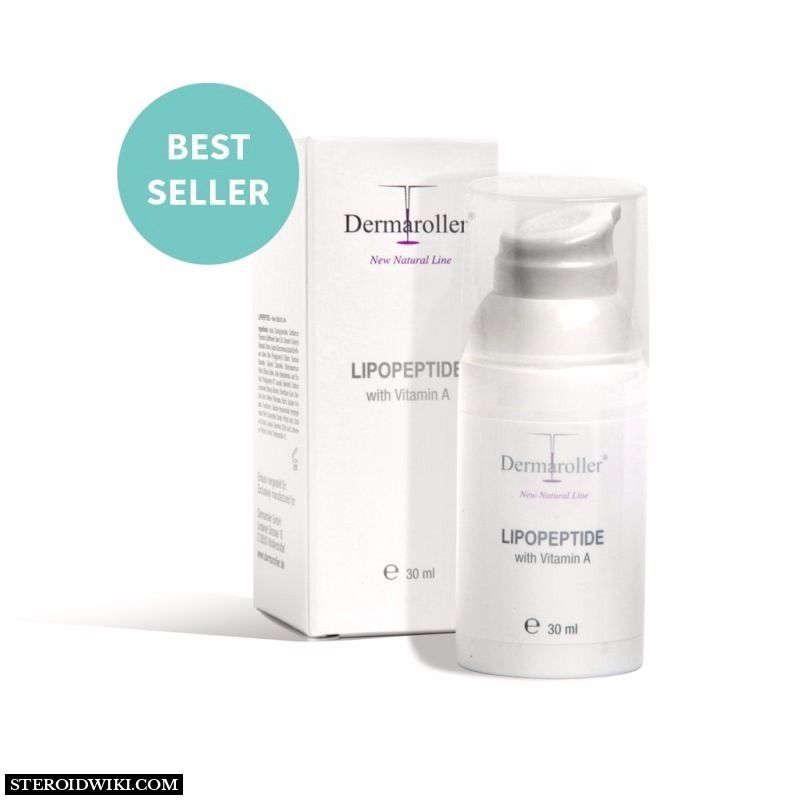
Lipopeptides in a few research have been demonstrated to boost new collagen production and hyaluronic acid beneath the skin. Lipopeptides are very biocompatible with the natural structure of the skin, in contrast to water-soluble peptides. Some lipopeptides may have potent hemolytic and antifungal properties. It can repair damaged or dead skin and eradicate stretch marks that are present on human skin. Lipopeptides also encourage the migration and proliferation of skin fibroblasts so that wounds can be healed quickly and damaged tissues can repair rapidly. This compound is useful in cosmetic formulations because it helps to make anti-aging products as it stimulates collagen production. Hence, skin texture is improved.
Other Medical Treatments Performed by Lipopeptides
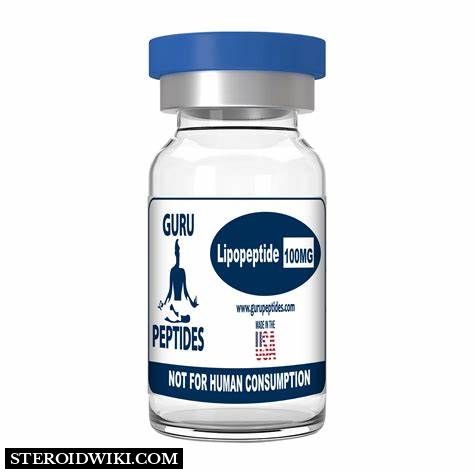
Lipopeptides provide multiple medical benefits, primarily in the field of infectious disease treatment.
One widely known example is an antibiotic named Daptomycin, a class of lipopeptides used to cure serious bacterial infections, including certain types of skin and bloodstream infections. Lipopeptides function by damaging the bacterial cell membrane, leading to the death of the bacteria.
Lipopeptides are being studied for their potential use in drug delivery systems, cancer therapy, and immunotherapy, in addition to their antibacterial capabilities because of their capacity to target certain cells or tissues.
A compound made of lipopeptide called surfactin was the first one to be researched. It demonstrated its capability as an antibacterial, antitumor, and LDL cholesterol-reducing drug.
It is important to keep in mind, nevertheless, that lipopeptides should only be used medically when prescribed and under the supervision of qualified healthcare professionals due to their potential for adverse effects and drug interactions.
Types of Lipopeptides
| S.no | Lipopeptide Drugs | Description |
| 1 | Daptomycin | A cyclic lipopeptide antibiotic is used to treat complicated skin-related infections. |
| 2 | Cubicin | A class of lipopeptides used to cure Musculoskeletal Toxicity that includes muscle pain or unusual weakness. |
| 3 | Polymyxin B | Antibiotics are made from lipopeptide that is used to treat a wide range of diverse infections in the human body. |
| 4 | Caspofungin | A drug made from lipopeptide that is used to handle fungal infections in humans. |
| 5 | Oritavancin | An antibacterial agent produced by lipopeptides to cure acute bacterial skin structure infections. |
| 6 | Micafungin / Rezafungin | It is used for the treatment of candidemia and invasive candidiasis. |
Side Effects Linked to the Use of Lipopeptides.
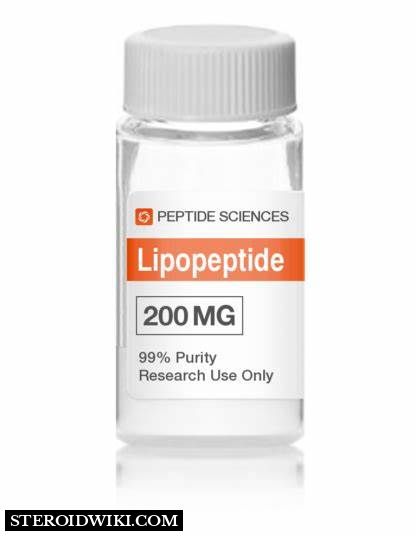
Lipopeptides, like any other medical or bioactive compound, can cause adverse effects on the human body. The side effects vary according to different types of lipopeptides, the user’s sensitivity, and the dosage. Below are common side effects that can occur with the use of lipopeptides:
- Nausea
- Vomiting
- Diarrhea
- Headache
- Dizziness
- Trouble sleeping / insomnia
- Increased sweating
- pain, redness, or swelling at the injection site.
- Constipation
- Abdominal pain
- Fever
- Anxiety
A few rare side-effects that can occur by the use of Lipopeptide can be:
- Musculoskeletal toxicity (muscle pain, unusual weakness)
- Mood swings
- Shortness of breath or chest pain
- Serum creatinine kinase elevation (change in the volume of urine, swelling on ankles)
- Indigestion
- Abnormal liver function
- Anemia
- Pruritus
- Oral thrust
A healthcare practitioner should be consulted before deciding whether to use lipopeptides for your needs; also, inform your doctor about your medical history and condition to avoid any mishaps. For the most recent details on side effects and precautions associated with lipopeptide drugs, it is critical to read the prescribed information for the particular product and speak with a healthcare professional.
References
- Raaijmakers, J.M., De Bruijn, I., Nybroe, O. and Ongena, M., 2010. Natural functions of lipopeptides from Bacillus and Pseudomonas: more than surfactants and antibiotics. FEMS microbiology reviews, 34(6), pp.1037-1062.
- Kanlayavattanakul, M. and Lourith, N., 2010. Lipopeptides in cosmetics. International journal of cosmetic science, 32(1), pp.1-8.
- Li, J.-Y., Wang, L., Liu, Y.-F., Zhou, L., Gang, H.-Z., Liu, J.-F., Yang, S.-Z. and Mu, B.-Z. (2021) Microbial Lipopeptide-Producing Strains and Their Metabolic Roles under Anaerobic Conditions, Microorganisms. U.S. National Library of Medicine. Available at: https://www.ncbi.nlm.nih.gov/pmc/articles/PMC8540375/ [Accessed: 13 November 2023].
- Polymyxin (no date) Polymyxin - an overview | ScienceDirect Topics. Available at: https://www.sciencedirect.com/topics/immunology-and-microbiology/polymyxin [Accessed: 13 November 2023].
- (No date) Lipopeptide-y - Elite Fitness Bodybuilding, Anabolics, Diet, Life Extension, Wellness, Supplements, and Training Boards. Available at: https://www.elitefitness.com/ubb/Forum7/01-2001/001082.html [Accessed: 13 November 2023].
- Gutiérrez-Chávez, C., Benaud, N. and Ferrari, B. C. (2021) The ecological roles of microbial lipopeptides: Where are we going?, Computational and structural biotechnology journal. U.S. National Library of Medicine. Available at: https://www.ncbi.nlm.nih.gov/pmc/articles/PMC7960500/ [Accessed: 13 November 2023].
Disclaimer: SteroidWiki doesn’t promote unlawful usage of any chemical compound. The knowledge presented in this article and on the website is purely for educational purposes. If you intend to use the information provided in this article for any purpose, please make sure to check & comply with the laws of your country or area.

